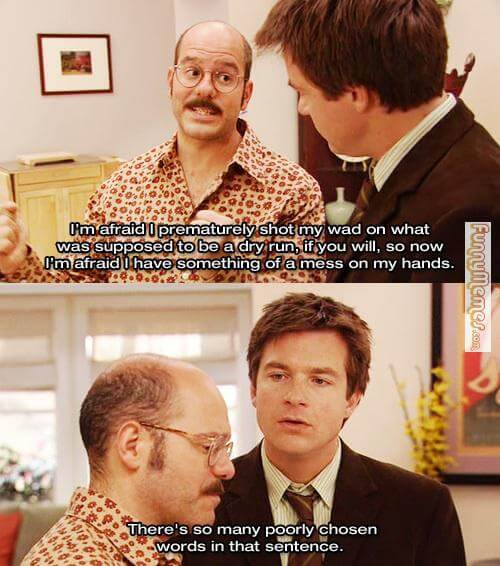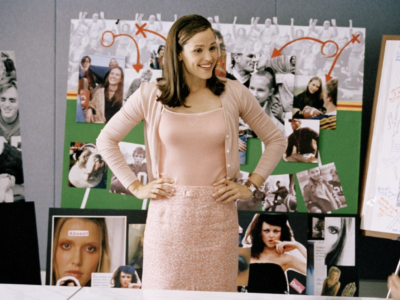Writing a cover letter is comparable to the supplemental essays on certain college applications. In other words, near torture. But you are no longer a high school underachiever; you are an adult who understands that a cover letter is an opportunity to show off your creativity and voice. Game faces, on.
How do you get original in a cover letter that loosely follows the set-in-stone structure of a boring three-paragraph essay? First, take some much-needed wisdom from creative writing interns, their employers and some writers already playing the field. Then, take up arms (“arms”– get it?).
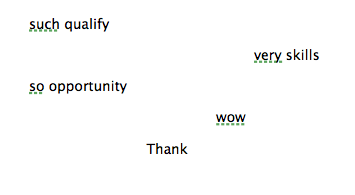
1. Identify
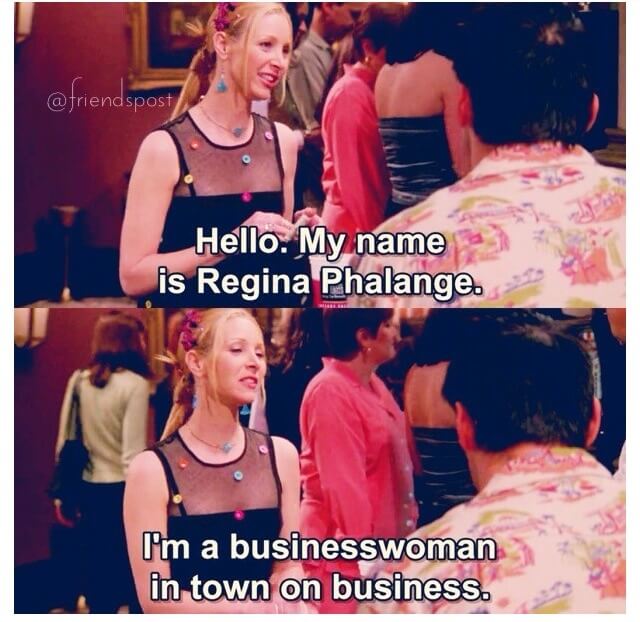
Who are you? But keep it basic: school, major, and (maybe) your year. Suzanne Matson, Chair of the Boston College English department suggested including it if you’re an upperclassman but keeping it on the down-low if you’re a lowly underclassman. Next — and way more importantly — identify the position to which you’re applying. Or for the bold, why not play the Create-Your-Own card? Matson threw in, “Identify one you’d hope they’d create for you based on your own assessment of what you think they need.”
2. Make Your Own Brand Name
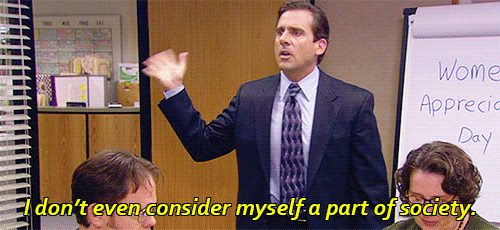
Next identification: establish yourself as a creative writer. To do this, Matson said, “Present your own creative writing background: any workshops, people you’ve studied with– especially if they have a significant profile in the writing world and any publications you had.” You know what would be the best way to identify yourself as a creative writer? A sense of voice and style in your cover letter. Don’t forget that who you are surfaces in not just what you say about yourself, but in the word choice, the sentence structure and the details. Terrifying, I know.
3. Sneak in Your Personality
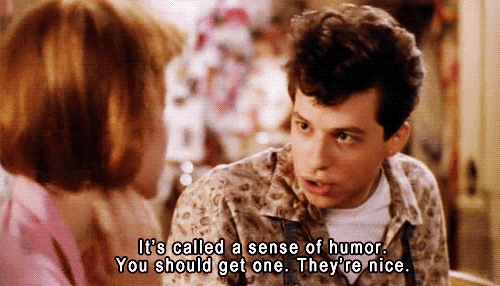
Yes, you gave them a basic introduction but who you are should continue to unfold throughout the entire letter. Lyndon Nicholas, Marketing Intern at GrubStreet Writing Workshop, never hands in a cover letter by the book. He said, “Because people are so afraid of making mistakes and deviating what they view to be the standard, they box themselves in in terms of showing off their creative ability… Do things that your advisor tells you never to do, use humor, showcase your inner nerdiness, don’t be afraid to be a dweeb!”
4. Keep It Appropriate
Suppressing your voice: big no-no. But what if, like me, your voice includes quite a bit of profanity and mediocre, if not mildly inappropriate, jokes? Olivia Dolphin, Developmental Intern at Grub Street, differentiated between formality and appropriateness. “Office environments and dress codes might be laid-back, but your first impression (aka your cover letter) should not be… Get that business side of out the way first before settling into ‘do you think anyone will notice if I put these office lunch leftovers in a Tupperware and take them home for dinner?'”
5.Sell Yourself (Succinctly)
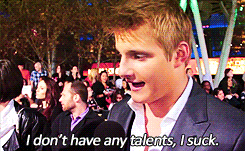
The buzzword that employers kept throwing out was “succinct.” So get to the point. Immediately. A paragraph or two is plenty of space for some good ole’ self-promotion. Describing her cover letter for Grub Street, Dolphin said, “In one paragraph I said… Look at what I can do…Look at this cool thing I’ve done. Oh, you guys are non-profit? Look at these other non-profits I have prior experience with. Passion.”
6. Show Off Those Skills
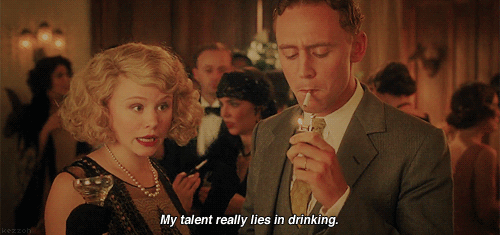
The other step is to introduce your skills: What can you bring to the internship? Matson noted that a work-study job, volunteer experience with your English department or a position at a non-profit all have potential value in your cover letter. Nicholas offered this generation-appropriate comparison, “If we think of a cover letter as, say, a Tinder profile, then you want to show them your cute puppy, or your awesome Batman Snuggie or your adorable younger cousin. Give them a reason to swipe right!”
7. Handpick All Types of Experience

If you don’t have a lot of creative writing internship or job experience, don’t panic. Matson said, “The important thing is to figure out at any given place what the internship would consist of… [then] figure out what in your college career speaks to that.” Don’t overlook the value of a personal blog, website, or other social media. You know how grandma thinks you’re a computer whiz because you know how to Google stuff? On a less ridiculous scale, most middle-aged managers and directors do truly see social media and all that web stuff as our generation’s “thing.” So claim expert status.
8. Cue Your Coursework

Matson stressed the need to demonstrate creative writing acumen. “Describe your editorial strengths in workshops and how you feel you’ve had those skills sharpened. Those may include looking for stylistic issues and over all ambitions and originality of pieces,” she said. Don’t limit yourself to workshops though. Apparently, literacy is a big selling point, too. Weird. Matson said, “Signal if you’re widely read… They’d want to know if you had literary context to put submissions in, especially the [context of] the twenty-first century.”
9. Tip Your Hat to Them

The cover letter shouldn’t be all about you, who knew? Kerri Majors, Editor/Founder of Young Adult Review Network (YARN), recommended gearing your letter toward the company to which you apply. “In the first two sentences, the journal/agency/publisher you’re applying to work for should see that you understand and admire exactly who they are,” she said. Diana Renn, Fiction Editor at YARN, expanded upon this idea, “We are particularly drawn to applicants who can convey an enthusiasm for our content and a desire to be part of the team; showing that they have read YARN (and know that we are not a knitting magazine) is a huge plus.”
10. Play the “I need you as much as you need me” Game
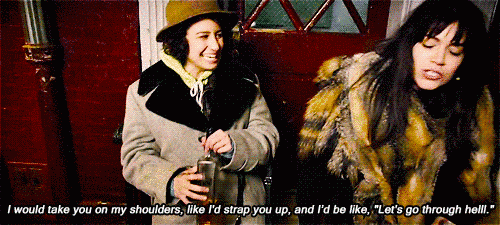
You have to show off and brag about your experiences. You just gotta. But there’s a line between selling yourself and acting like you’re so experienced that you’re too good for the internship (and nobody wants that). Majors said, “Just make sure you don’t make it sound like the job/internship is merely a rung on your own personal career ladder: remember, you need this job as much as you want to make the employer believe they need you.”
Bonus: Be Yourself
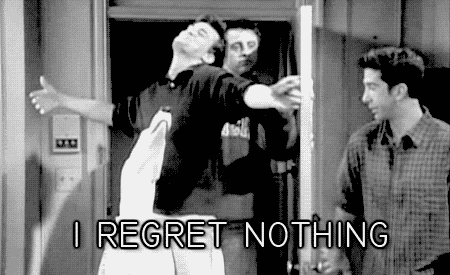
Ignore the cliché. I’m not trying to sound like anybody’s mom but it’s so easy to lose yourself in a piece of writing as formulaic as a cover letter. And so easy to sound like a robot. Or (worse) a kiss ass. Or (worst) those syrupy, two-faced mean girls we all knew in high school (you know who you are). “Lay it all out there. If they reject you, they reject you—not some fake version of yourself that you’re promoting. Screw them if they don’t want to hire you, it’s their loss,” Nicholas said. Advice of gold. Proceed with self-confidence, friends.


